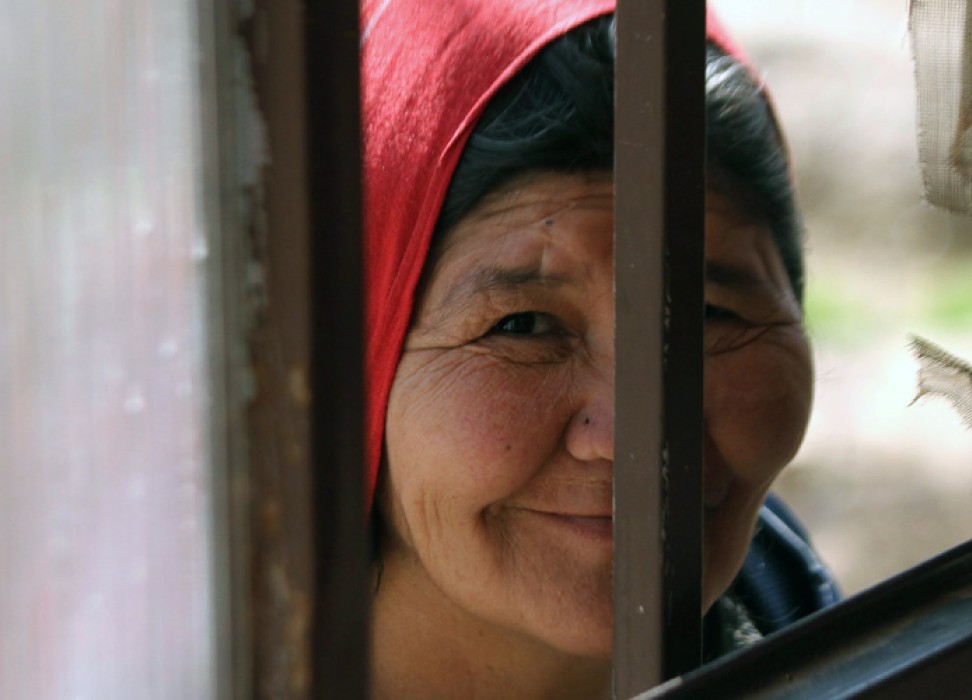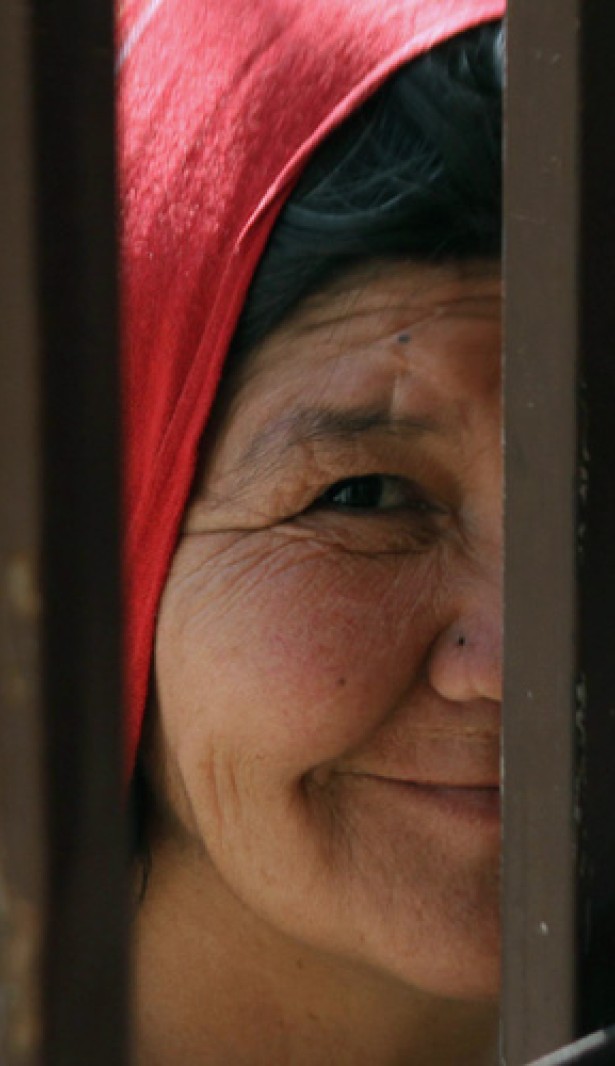Mental health is a human right
24 May 2018

As human beings, our health and the health of those we care about is a matter of daily concern. Regardless of our age, gender, socio-economic or ethnic background, we consider our health to be our most basic and essential asset.
Ill health, on the other hand, can keep us from going to school or to work, from attending to our family responsibilities or from participating fully in the activities of our community. Similarly, we are willing to make many sacrifices if only that would guarantee us and our families a longer and healthier life.
According to the World Health Organization (WHO), health is a state of complete physical, mental and social well-being, and not merely the absence of disease. This holistic approach is relatively new and is indicating a shift in how “the right to a standard of living adequate for health and well-being”, first enshrined in the Universal Declaration of Human Rights 70 years ago, is now understood.
In a recent report on the right to mental health, the UN right to health expert, Mr. Dainius Pūras, pointed out that despite evidence that there cannot be health without mental health, nowhere in the world does mental health enjoy parity with physical health in terms of budgeting, or medical education and practice.
In his report, Pūras cites WHO estimates from 2014 which indicate that, globally, only seven percent of health budgets are allocated to address mental health. He highlights further that in lower-income countries, less than USD 2 is spent per person on mental health annually. Why is so little attention given to mental health care when one in four people will be affected by a mental health condition throughout their lifetime? The answer may lie in persistent stigma and discrimination.
A report by the UN Human Rights office points out that people with mental health conditions and those with psychosocial disabilities experience disproportionately higher rates of poor physical health; and have a reduced life expectancy – a 20-year drop for men and 15 years for women - compared with the general population. Stigma is also a significant determinant of quality care and access to the full range of services they require.
Interrupted or restricted access to education limits gainful employment opportunities for people with mental health conditions and those with psychosocial disabilities, thus perpetuating social inequality.
Multiple and intersecting forms of discrimination continue to impede the ability of people with disabilities belonging to racial and ethnic minorities to realize their right to mental health.
It is also commonly believed that people with psychosocial disabilities and those with mental health conditions are incapable of exercising agency over decisions that concern them, which in turn compromises their care.
Discrimination, harmful stereotypes and stigma in the community, family, schools and the workplace prevent healthy relationships, social interactions and the inclusive environments that are needed for anyone’s well-being.
Yeni Rosa Damayanti, Chair of the Indonesian Mental Health Association, was recently in Geneva to attend the first UN consultation on mental health and human rights. She describes herself as a person with a psychosocial disability and a user of psychiatric services; when he was alive, she cared for her late brother who was also a user of psychiatric services.
“Everything I learned about mental health was from the internet. I did not know that my brother and I had certain rights. I did not claim my rights at the time when I suffered the most,” she recalls.
Damayanti set-up her NGO when the discourse was dominated by the psychiatrists’ point of view. Her very fist discussion on mental health was framed within the medical framework.
“I was sometimes invited at meetings but never as a speaker, someone they had to listen to. They never really asked for my opinion, so I wondered why I was there,” she says.
A few years ago, Damayanti discovered the disability movement; “It changed everything, I felt liberated,” she says.
“When I was introduced to that movement I found [people with disabilities] that are the actors of their lives. They are the ones who decide what is best and in their meetings doctors never talk,” she recalls. “But for persons with psychosocial disabilities, doctors are still the gatekeepers: if I want to apply for a job, I have to see them first for screening.”
National groups advocating for the rights of persons with disabilities based in Jakarta, Indonesia’s capital, pushed for their country’s ratification of the Convention on the Rights of Persons with Disabilities, which includes persons with psychosocial disabilities.
“I was pulled into the centre of the disability movement and I managed to push the issue of persons with psychosocial disabilities at the forefront not only of the disability movement but also with the human rights movement, the women’s rights movement and others.”
Damayanti is fighting not only for inclusion of persons with mental health conditions and those with psychosocial disabilities in the community, but also to get them out of institutions and for their voices to be heard more widely, particularly in rural areas.
“We must convince our Governments that the life of a person with psychosocial disabilities does not revolve only around pills; approaching the problem with a solely medical perspective is far from enough and can be destructive,” she adds.
For the UN health expert, Dainius Pūras also, recognizing the diversity of human experience and the multitude of ways in which people process life needs to be more broadly understood.
“Respecting that diversity is crucial to ending discrimination,” he writes in his report. “Peer-led movements and self-help groups, which help to normalize human experiences that are considered unconventional, contribute towards more tolerant, peaceful and just societies,” he says.
24 May 2018

